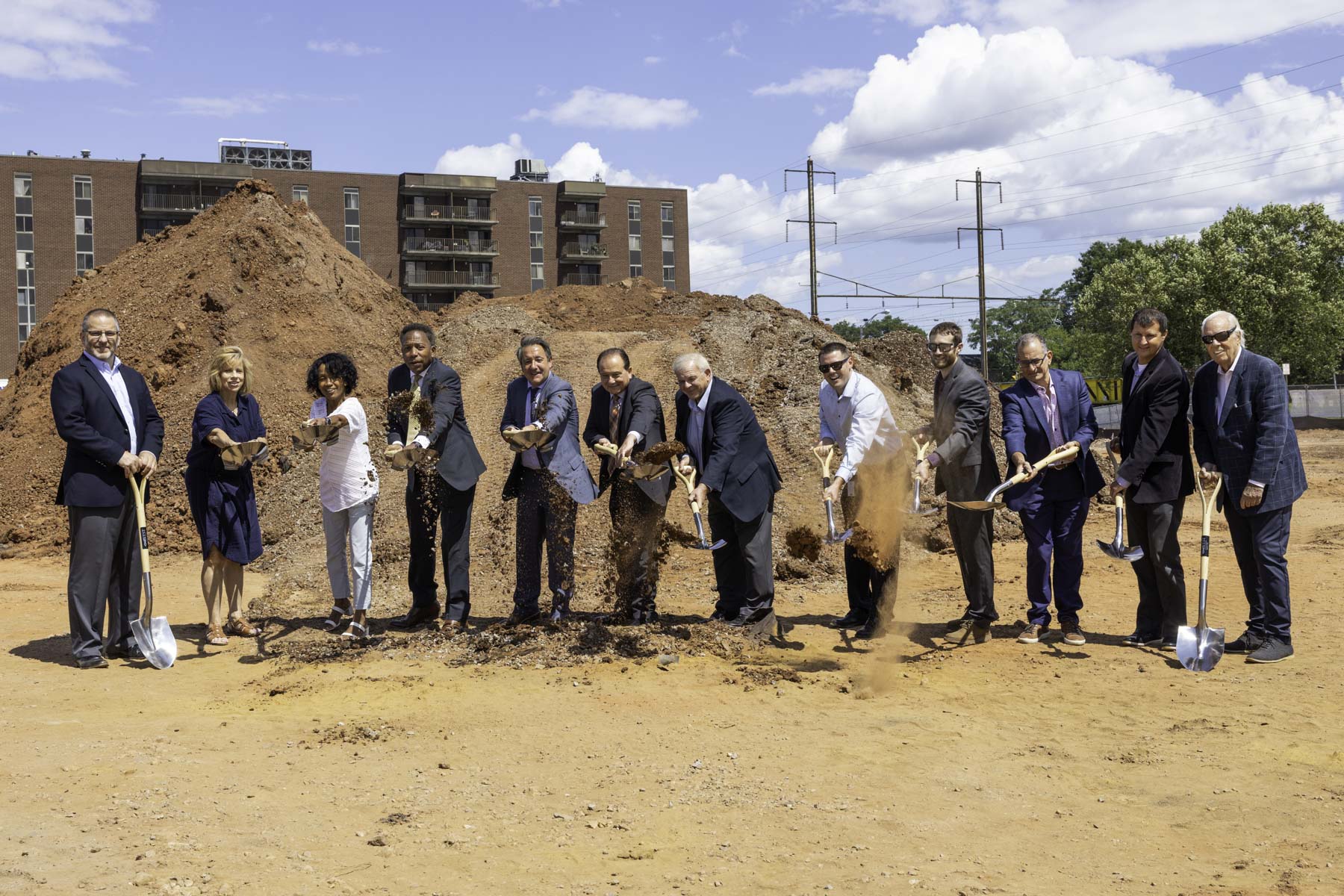(SAN FRANCISCO)—In 2013, Sonja Trauss was a high school math teacher desperately seeking housing. It struck her that San Francisco just didn’t have enough of it. Like many other middle-income earners, she found herself priced out of the city’s rental market. The solution seemed simple, and yet somehow unattainable: the city needed to build more affordable housing, and build it faster. The rents kept rising, but the city seemed incapable of addressing the problem.
That simple—yet elusive—goal turned the math teacher into an activist. She started going to planning meetings, writing letters, and advocating for any housing development that was up for consideration. She created a Twitter account called SF YIMBY, a twist on YIMBY (Yes In My Backyard) which is a twist on the original NIMBY (Not In My Backyard) that she used to mobilize like-minded people to join her campaigns.
“Mission YIMBYs Assemble!” a 2014 tweet of hers says, announcing the time and location of a planning commission meeting. “BE THERE!”
It turned out there was no shortage of like-minded people, convinced of the virtues of dense and multifarious urban centers. The SFyimby Twitter account grew a legal arm (YIMBYLaw), a political advocacy arm (YIMBYAction). It now has branches throughout the US, and has won multiple victories in housing advocacy.
Trauss spoke to The Click over Zoom last week as her 7-month-old baby, Blima, squirmed in her arms. The conversation has been edited for clarity.
The Click: Let’s begin with how you got started with your advocacy.
Sonja Trauss: I moved to the Bay Area in 2011. I found it easy to find a job. At the time I started organizing, I was teaching high school math and living in Oakland. You know, 2011 was still the recession…then in 2012, ‘13, [and] ‘14, rents were rising really fast because the US was coming out of recession. And they’ve been going up every year in the Bay Area.
In West Oakland, in particular, we were dealing with a lot of spillover demand from San Francisco. Because this is what a housing shortage is. It’s not just one place, everywhere in the metro area suffers. And frankly, San Francisco is exporting its housing shortage even to places like Seattle and Austin.
So the economy was getting better, and the tech boom was happening, but San Francisco just wasn’t building fast enough. So I started organizing people to show up at the planning commission hearings in San Francisco to support like—anything.
And that was unusual, evidently. I didn’t know if it was going to go anywhere, you know. I didn’t know if it was usual or unusual. I could see that there wasn’t any constituency that was like, “Yes, housing.”But there were tons of people who were like,“No, housing. [It will] ruin my parking, my dog run, whatever.”
Do you think it was people getting their wires crossed about what progressivism means, that it is about preservation? Or do you see it as just selfishness?
It’s more like, I don’t like the idea of this building, and I happen to be a Democrat, so the things I hate as a Democrat, are the things I don’t like about this building. But it happens for Republicans too. You know, NIMBYism is very bipartisan. Republican NIMBYs, when they talk about it, say that you’re trying to build this stack-and-pack housing, and you know who else built stack-and-pack housing, communists.
Why do you think the city turns down projects? You have supervisors who claim to be pro-housing, they tout housing developments in their districts, but reject developments when they come up for a vote.
This is what’s so frustrating. It’s easy to make a speech about housing in general. They’ll fully believe that housing is good. But the supervisors…they don’t connect the dots. They get back to their office, and they have a call or an email for someone who’s like, oh, there’s this particular housing development project, and I don’t like this idea, and they’re like, ok. It’s just so deep in their minds that their job as a supervisor is to respond to constituents’ needs. One need in particular, the need for constituents to agree to allow housing.
Do you have a vision for what a dense YIMBY city would look like?
Yes! Philadelphia! It has its own problems. But the great thing about Philadelphia…or Baltimore…these are cities that were built before cars were invented, so they have narrow streets, you know, and perfect grids. Cities that were built before cars were invented have to be integrated.
I mean, there just was no choice. It wasn’t like, you know, we’ll build cheaper housing farther away, and lower income people will just have to take a streetcar or whatever. There was none of that. Everyone had to walk everywhere, rich or poor.
They weren’t perfect, you still had you know, the bad part of town, the fancy part of town. We want to blow that up. There should be no bad part of town. But, what they did in a lot of older cities is that they would have fancy houses on the street, which was like twenty feet wide. And the less fancy houses facing the alley which was like five or ten feet wide. So it was still integrated, compared to what we have today.
The Click is based in New York, obviously, but has readers all over the country. Is there anything else you would like the readers to know?
Yes – we’re not just in San Francisco, and not even just in California. We’re in Maryland, and other states. You know, YimbyAction has 39 chapters in 14 states, and we’re looking at having a lot more.
So we’re not just exporting our problems, we are exporting our solutions too?
Yeah, I love that. I hope so.


